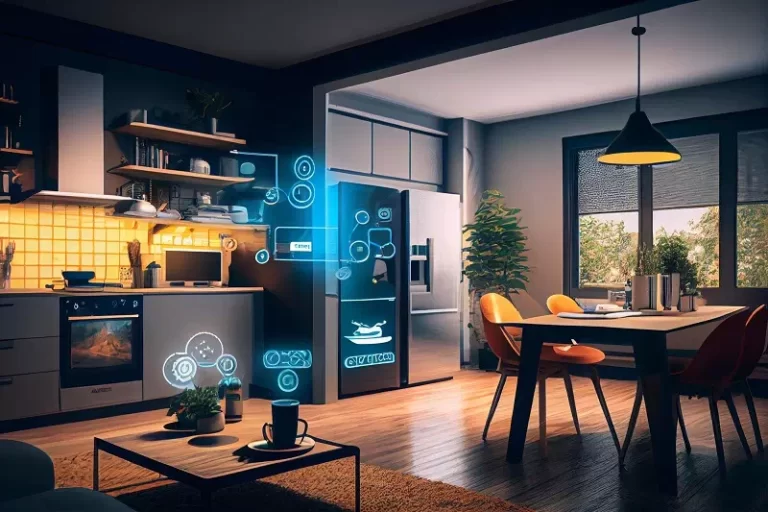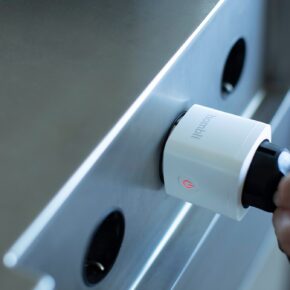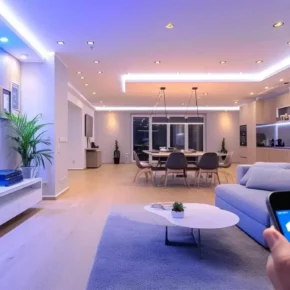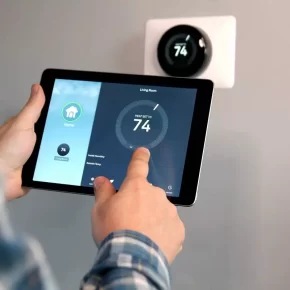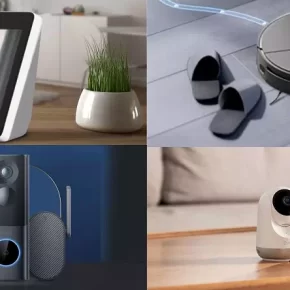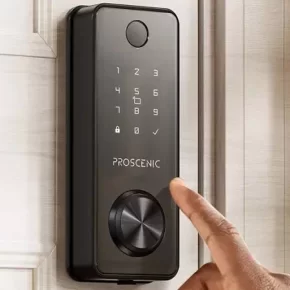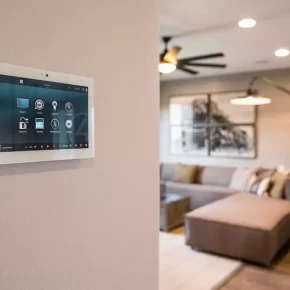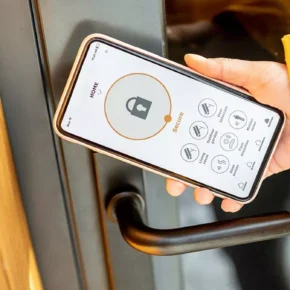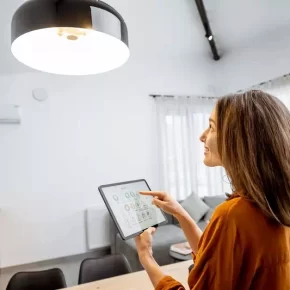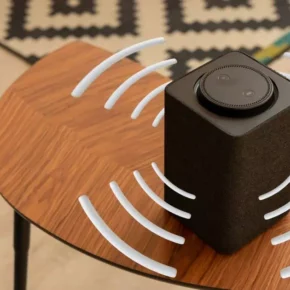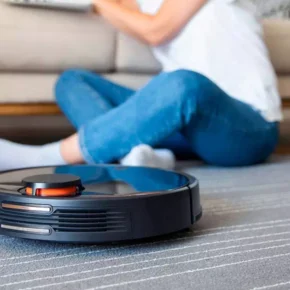The smart home is becoming increasingly popular among homeowners due to the ability to provide comfort, security and efficient use of resources. One of the key aspects of such systems is the optimization of energy consumption, which allows not only to reduce utility costs, but also to contribute to the protection of the environment.
We will tell you today the main smart home technologies that will help you manage energy effectively.
1. Smart thermostats
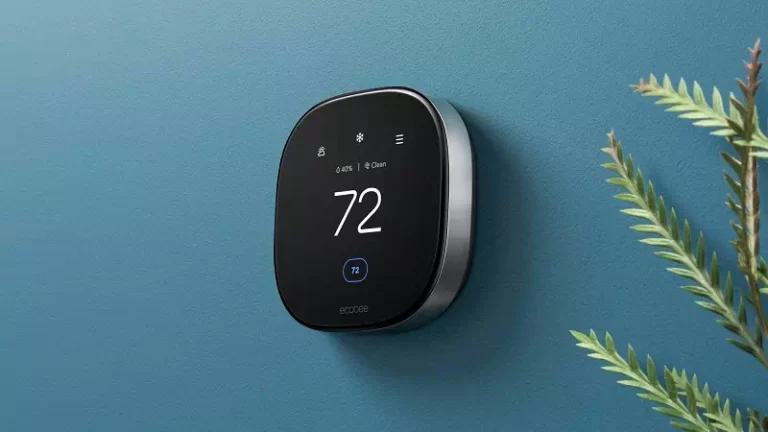
A smart thermostat is a device that allows you to automatically adjust the temperature in your home based on your schedule and preferences. Main advantages:
- Automatic adjustment . The thermostat can analyze your behavior and set the optimal temperature, which avoids unnecessary energy consumption.
- Remote control . You can control the temperature in your home using your smartphone, even when you are not at home.
- Integration with other systems . Smart thermostats can work in combination with other smart devices, such as window or door opening sensors, which allows you to manage the climate in the house even more effectively.
2. Smart lighting
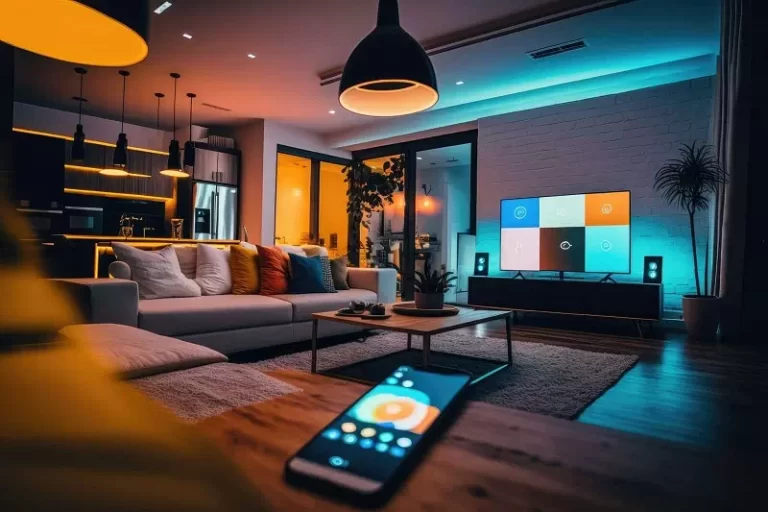
Optimizing lighting is one of the easiest ways to reduce electricity consumption:
- Automatic turning off of the light . Motion sensors can automatically turn off lights in unoccupied rooms, which significantly reduces electricity consumption.
- Adjusting the brightness . With the help of smart lamps, you can adjust the brightness of the lighting depending on the time of day or needs, thus reducing lighting costs.
- Lighting scenarios . You can create different lighting scenarios for different situations, for example “evening relaxation” or “morning awakening”, which also helps to save energy.
3. Smart sockets and switches
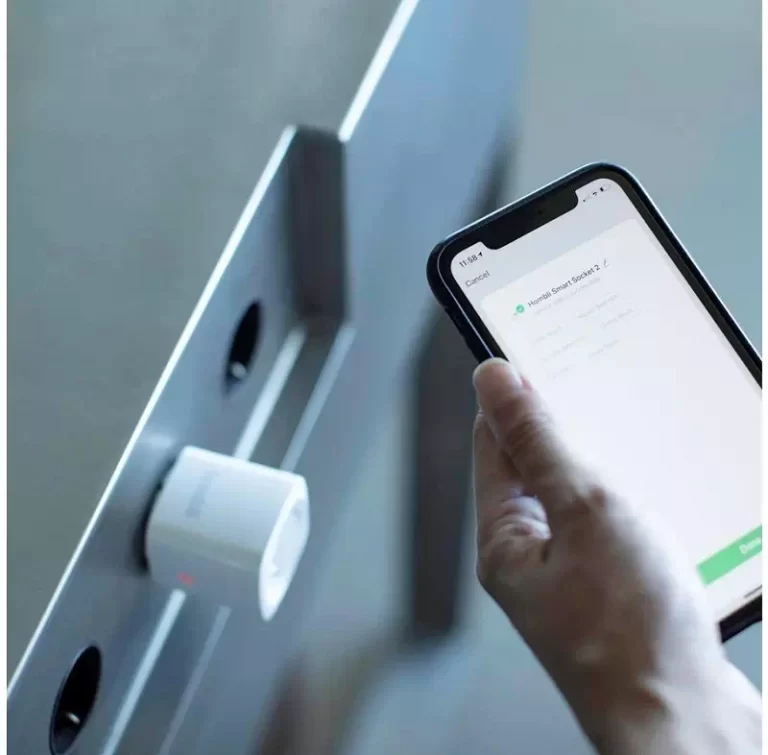
Smart sockets and switches allow you to control the energy consumption of devices connected to them:
- Remote control . You can turn your household appliances on and off with your smartphone, even when you’re away from home.
- Energy consumption monitoring . Some sockets have a monitoring function that allows you to track how much electricity each device consumes and identify energy-intensive devices in time.
- Automatic shutdown . Outlets can be set to automatically turn off devices that are not in use for a long time, preventing unnecessary energy consumption.
4. Energy management systems
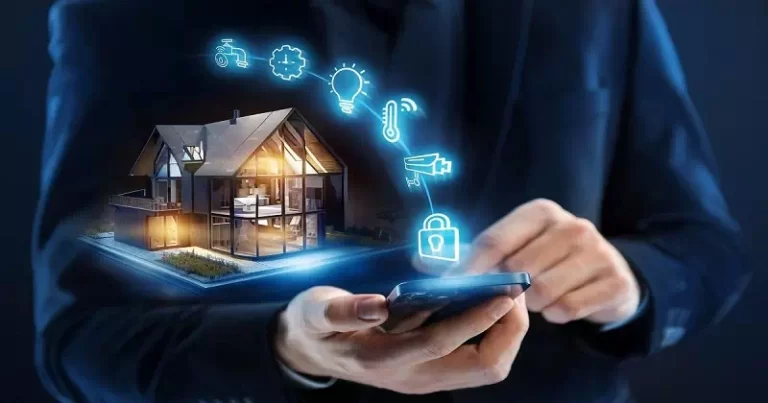
Complex energy management systems allow you to integrate all smart devices into a single network, which ensures more efficient energy consumption management:
- Analysis of energy consumption . The system collects data on energy consumption by all connected devices and provides reports that allow you to optimize their work.
- Automatic scripts . You can create scenarios that automatically adjust the operation of all systems in the house depending on the time of day, weather or other conditions.
- Integration with alternative energy sources . If you have solar panels or other alternative energy sources, the system can optimize their use to reduce electricity costs.
5. Smart household appliances
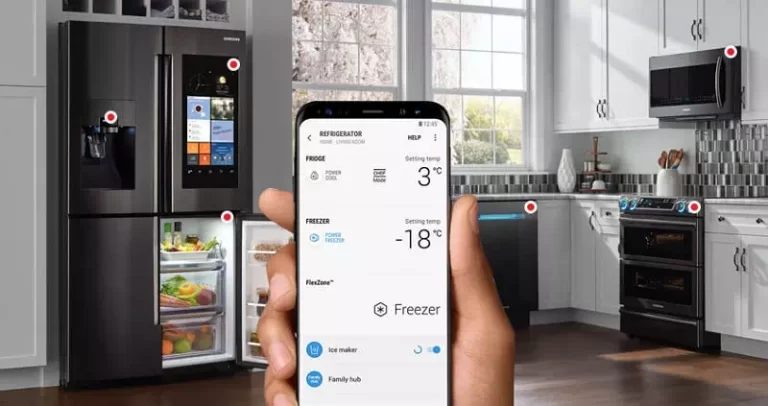
Modern household appliances with smart home functions also help optimize energy consumption:
- Smart refrigerators . Can adjust the temperature depending on the amount of products or the time of day, reducing cooling costs.
- Smart washing machines . Can start washing cycles at the most energy-efficient time of the day, and use a minimum of water and energy.
- Smart dishwashers . Wash programs are adjusted according to the load and degree of soiling of dishes, which reduces water and energy consumption.
6. Solar panels and energy-efficient technologies
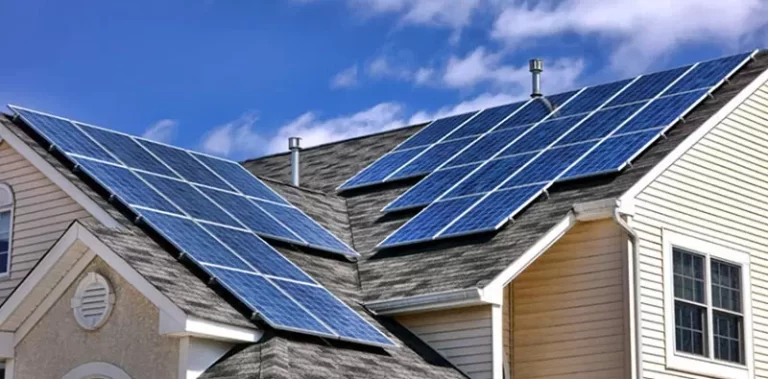
The use of alternative energy sources becomes an important component of a smart home:
- Solar panels . They can provide the house with electricity, which allows to significantly reduce dependence on the central network.
- Battery systems . Stores excess energy produced by solar panels for use during peak hours or when the sun is out.
- Energy efficient windows . Reduce heat loss in the cold season and prevent overheating in the summer, which also helps reduce heating and air conditioning costs.
7. Tips for effective use of smart home technologies
- Analyze energy consumption . Review energy management system reports regularly to identify opportunities for further optimization.
- Use scripts . Set up automatic scenarios for maximum energy efficiency, such as turning off all unnecessary devices at night.
- Invest in quality devices . Choose smart appliances from reliable manufacturers that have a high energy efficiency rating and a long service life.
Smart home technologies provide many opportunities to optimize the use of energy, which allows you to reduce costs, increase comfort and make your home more environmentally friendly. The integration of various smart devices into a single system provides efficient energy management and allows you to adapt to your needs and living conditions. By implementing such technologies, you can not only save money, but also contribute to the preservation of the planet for future generations.

